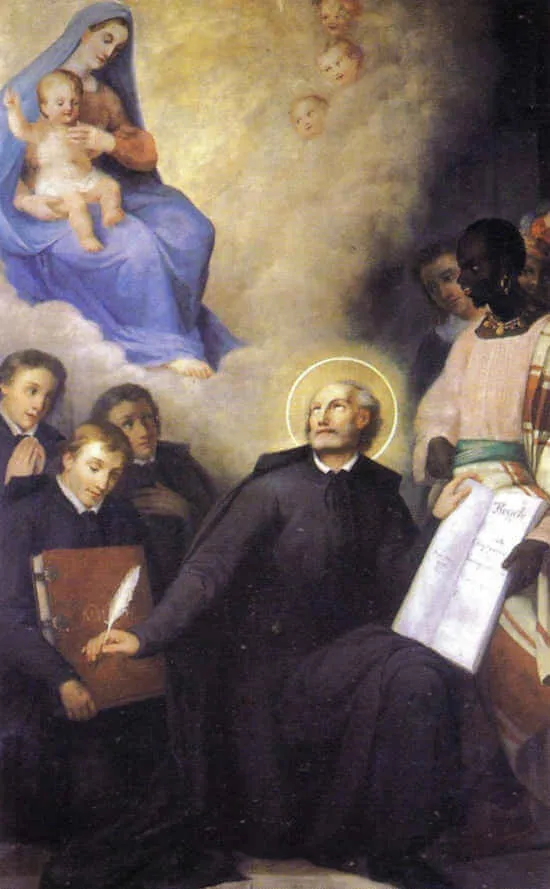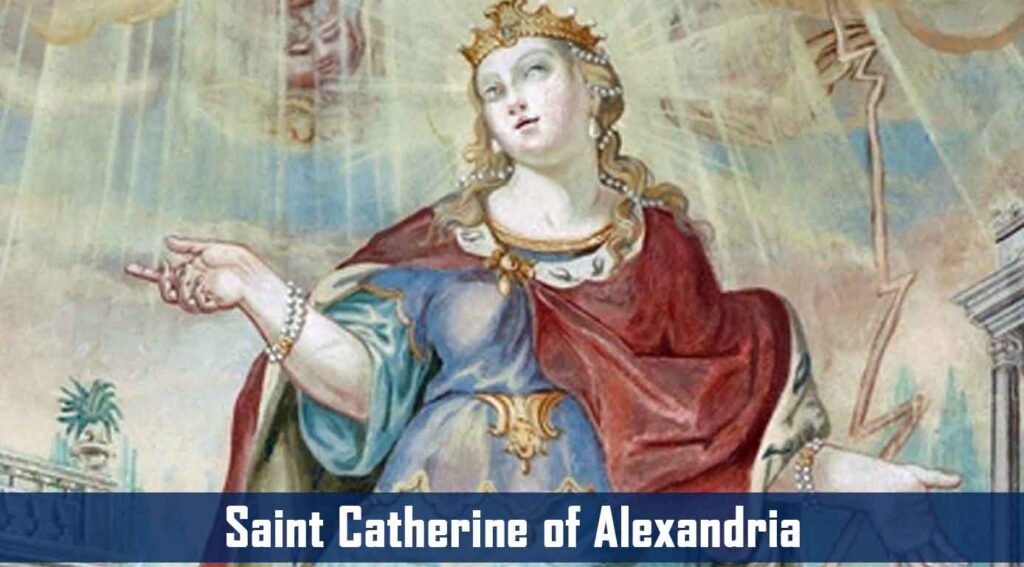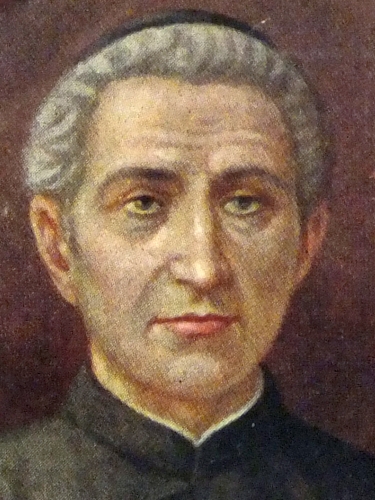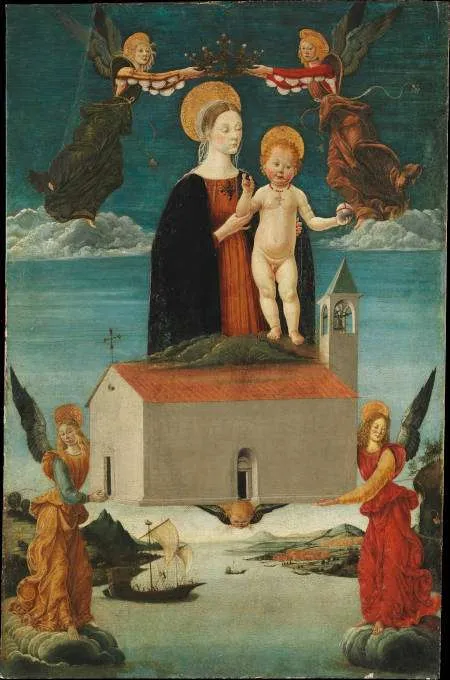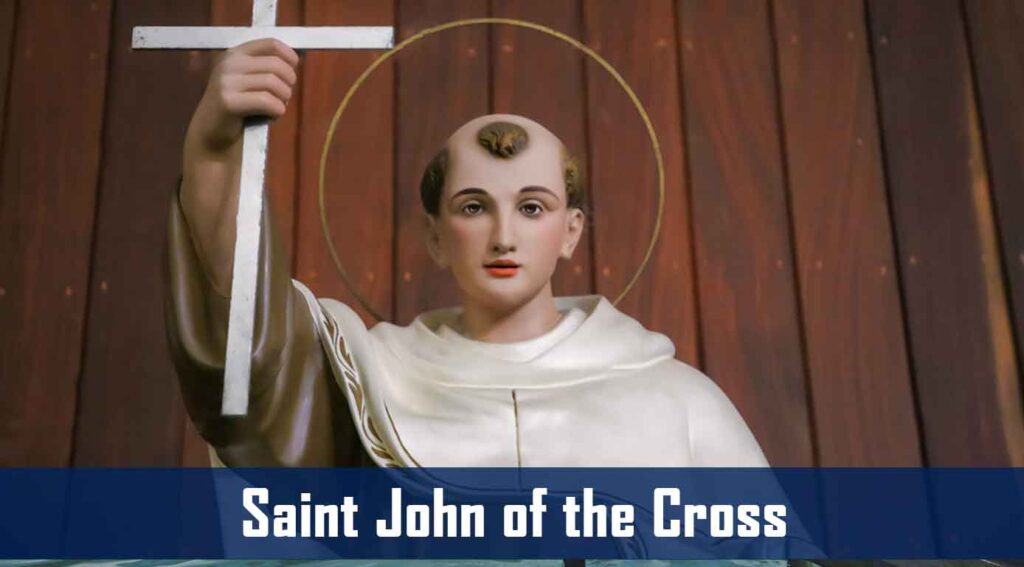1541–1609; Patron Saint of pharmacists; Canonized by Pope Pius XI on April 17, 1938
The early sixteenth century saw the beginning of the Protestant Reformation, which resulted in religious and political chaos in northern Europe. Following the revolt of Martin Luther and others, the Catholic Church took a good look at itself and began a thorough process of internal reform. The foundation for this reform was laid by the Council of Trent during the years 1545–1563. Additionally, the Holy Spirit sparked a spiritual renewal of piety and personal devotion among the faithful, as well as the formation of several new religious orders, such as the Jesuits, Oratorians, Ursulines, Theatines, Barnabites, Somaschi Fathers, and the Discalced Carmelites. Among the newly formed religious orders was the Clerks Regular of the Mother of God, founded by today’s saint, Saint John Leonardi.
Giovanni (John) Leonardi was born into a middle-class family in the small town of Diecimo, Republic of Lucca, modern-day Italy. When John was four, the Council of Trent held its first session, and when he turned twenty-two, it held its last. Around the age of seventeen, John began studying to become a pharmacist, a well-respected occupation at that time. After ten years of study, he became certified and worked as a pharmacist’s assistant for the next few years. However, the work of providing medicine for the body soon deepened a desire he had held for years—the mission of providing spiritual medicine for the soul as a priest. After a few years of theological preparation, John was ordained a priest in 1572 at the age of thirty-one.
At the heart of Father Leonardi’s personal convictions was a desire to enter into a personal relationship with Christ. He not only lived this conviction, he also promoted it within his priestly ministry. After he was ordained, he served in his local parish in Lucca where he worked with youth and visited the sick and imprisoned. His devotion to Christ and desire for personal and ecclesiastical reform drew a group of young men whom he spiritually directed and formed in the faith. By 1574, the community of young men led to the formation of a group that would later evolve into a new diocesan congregation called the Clerks Regular of the Mother of God of Lucca. They rented the church of Santa Maria della Rosa, where a community life took shape.
Because the Council of Trent had recently concluded, mandating various reforms, a newly inspired religious order might seem like a good way to help implement those reforms. Indeed, it was! However, Father Leonardi and his companions soon discovered that not everyone in Lucca was ready for reform, and some saw the formation of this new congregation as a threat. Therefore, other religious and even civil authorities began to oppose it. Opposition became so fierce that Father John spent much of the rest of his life in exile from Lucca, by mandate of the local government. Change and internal Church reform are difficult. Father John pressed on, however, and eventually gained wider support, including support from the local bishop and the pope.
In 1583, the new congregation was canonically established by the Bishop of Lucca with the approval of Pope Gregory XIII. They were not yet a formal religious order, so they only took simple vows. They were, however, encouraged in their mission and worked to implement the reforms of the Council of Trent, including forming the Confraternity of Christian Doctrine within Lucca, just as many other saintly reformers had been doing in other dioceses.
Over the next two and a half decades, bishops, cardinals, and popes called upon Father Leonardi to assist with the reform of the Church, including other religious orders. Most of his later years were spent in Rome, due to ongoing opposition in Lucca. In Rome, he worked with the future Saint Philip Neri, founded a seminary for the Congregation for the Propagation of the Faith, and promoted Forty Hours Devotion and frequent Communion. In 1606, a serious plague ravaged Rome, and Father John contracted it while ministering to the sick. He remained sickly for the next few years, dying in 1609. In 1621, Pope Gregory XV elevated the Clerks Regular of the Mother of God of Lucca to the status of a religious order, enabling them to take formal vows. The congregation continues its good work today.
Saint John Leonardi was inspired by the Holy Spirit to assist in the reform of the Church and to foster a deeply personal relationship with Christ, especially through adoration of the Blessed Sacrament, frequent Communion, and good catechesis. It often happens that the work the Holy Spirit inspires in one person is then opposed by those who do not listen to the promptings of that same Spirit. The life of Saint John Leonardi displays a prime example of this conflict. His perseverance throughout lends more credence to his holiness and divine mission.
As we honor this religious founder and confessor, ponder the fact that God’s will is not always embraced by the world with open arms. Therefore, when we act as instruments of God’s will and Truth, others will not always embrace us. This opposition can, at times, lead to discouragement. As you ponder Saint John’s life today, allow his fidelity and perseverance in the face of persecution to inspire you to press on with the mission God has given to you. Reject discouragement, pray for courage, and seek to implement God’s will in your life.
Source: https://mycatholic.life/saints/saints-of-the-liturgical-year/october-9—saint-john-leonardi/


